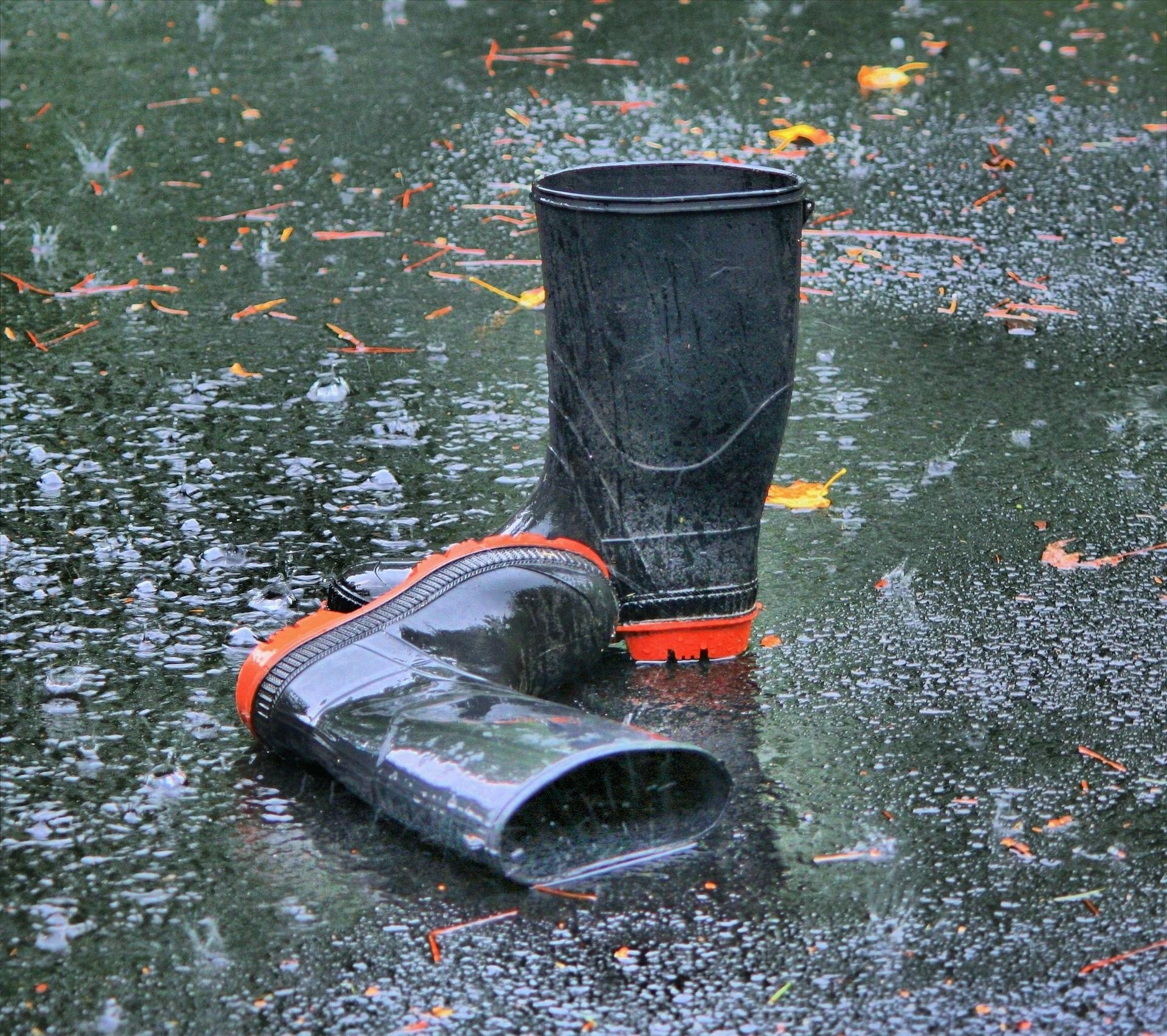
Imagine that it’s been raining heavily for the past few days. The ground is starting to get soggy and the water begins to rise. The rain does not ease up and you find your living room covered with 6 inches of water. Your furniture is ruined, you’ll need new carpets, and there is likely some water damage to the drywall. You think the damage will be covered because you purchased adequate homeowners insurance. That’s until you call your agent and find out that flooding is not covered by your policy. What went wrong? If you thought that homeowners insurance covered flood damage you’re not alone. It’s a common misconception, but it’s not something you want to find out when disaster strikes. We’ll take a look at the basics of flood insurance and why you should consider getting your home covered.
If my home insurance doesn’t cover floods, who does?
While your insurance company may not cover floods, the National Flood Insurance Program (NFIP) does. The NFIP was created by congress in 1968 and is overseen by FEMA to allow individuals and business to purchase flood insurance for their property. 1 Your current insurance agent may be able to help you purchase a separate flood policy, or you can go to FEMA’s website to find an agent that does .
How much insurance can I get?
The amount of insurance that you can purchase is limited by the government. Policies are capped at $250,000 for the home and up to $100,000 for its contents. 1 These amounts may be shy of what the actual cost of damage may be, but this is better than not having any coverage on a traditional homeowners policy. There is also typically a 30-day waiting period before the coverage starts. 1 It is important to plan ahead and make sure you are covered well before the risk of flooding starts. Otherwise you may be too late to cover your home and property.
How much does the insurance cost?
According to FEMA, the average cost of insurance is about $700 per year. 1 With that being said, this is the average of all insurance sold. If you live in an area that is more prone to floods your premium could be much higher than this. Insurance is priced based on the probability that the insurance company will have to pay a claim. That’s why good drivers have lower insurance premiums than bad ones. The same is true of flood insurance. The more likely it is to happen to you, the more it is going to cost.
I don’t live in a flood-prone area. Do I need insurance?
If you live in an area that is not likely to flood it still may be a good idea to get yourself covered. The damage that a flood creates can be catastrophic, and don’t expect any help from your homeowners insurance without this coverage. The good news is that if you’re unlikely to experience a flood, the insurance shouldn’t cost very much for the reason mentioned above.
For any of these niche insurance policies, it’s best to speak with your financial advisor to see if this coverage is appropriate for you.



